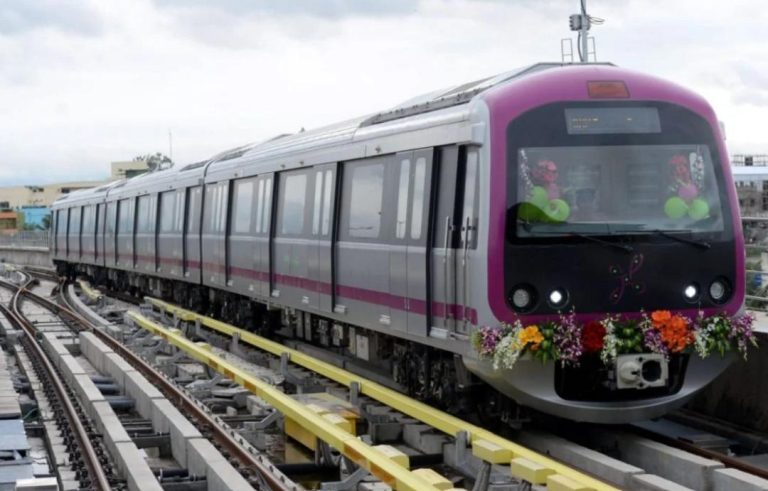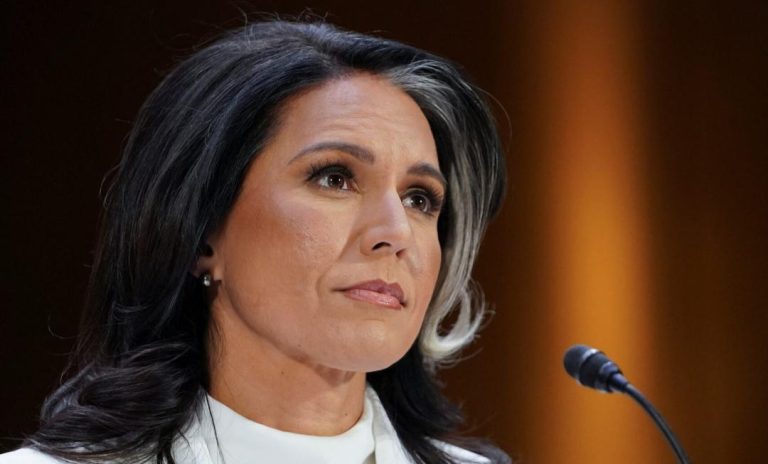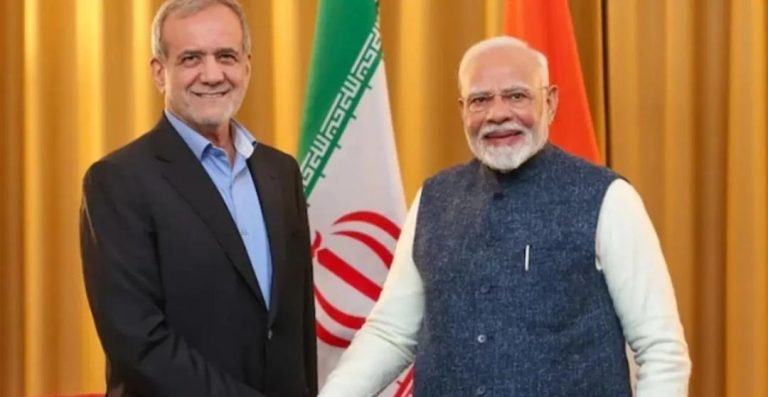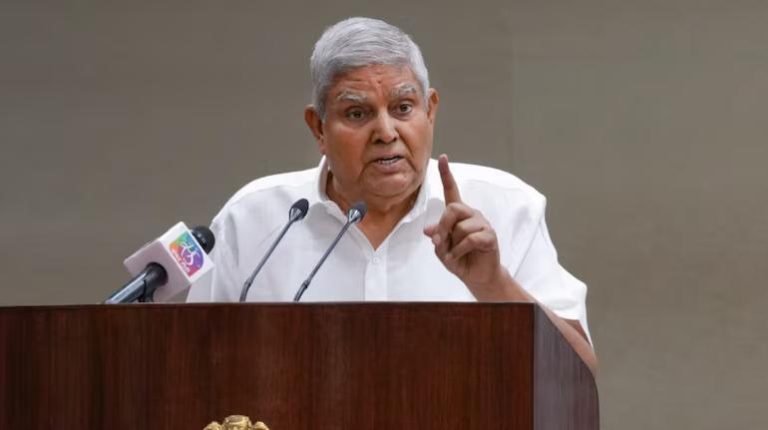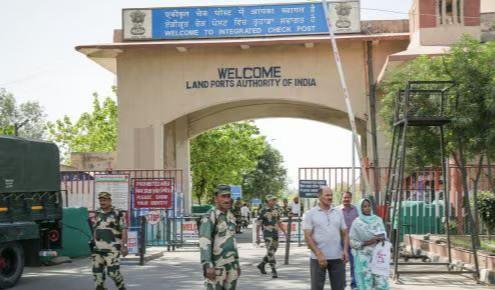
Challenge Bigger for Pak than India after Trade Halt: FIEO CEO
The recent suspension of trade between India and Pakistan in the wake of the Jammu and Kashmir terror attack has left many wondering about the impact on the two countries’ economies. While both nations have been trading with each other for years, the existing trade between the two countries is not substantial, according to Ajay Sahai, CEO of the Federation of Indian Export Organisations (FIEO).
In an interview, Sahai emphasized that the challenge posed by the trade halt is likely to be greater for Pakistan than India. He pointed out that Pakistan relies heavily on imports from India, particularly in the pharmaceutical and automobile sectors.
“Pakistan will need to consider the products they import from India like pharmaceuticals and automobiles. The challenge is likely to be greater for Pakistan than India,” Sahai said.
India and Pakistan have a long history of trade tensions, with relations between the two countries strained over issues such as terrorism, Kashmir, and border disputes. The recent suspension of trade is the latest sign of the deteriorating relations between the two nations.
The trade halt is likely to have a significant impact on Pakistan’s economy, which is already facing challenges. Pakistan’s exports to India are valued at around $500 million annually, with the majority of these exports comprising pharmaceuticals, automobiles, and textiles. India, on the other hand, exports around $200 million worth of goods to Pakistan annually.
Pakistan’s reliance on imports from India is largely due to the country’s limited manufacturing capacity and the lack of alternative sources for certain goods. The pharmaceutical sector, in particular, is heavily dependent on imports from India, with many Pakistani companies relying on Indian suppliers for critical raw materials and finished products.
The automobile sector is another area where Pakistan relies heavily on imports from India. Many Pakistani car manufacturers import parts and components from India, which are then assembled into vehicles in Pakistan. The suspension of trade means that these companies are likely to face significant disruptions and increased costs.
In addition to the economic impact, the trade halt is also likely to have social and humanitarian consequences. Pakistan and India share a long border, and trade has played a crucial role in facilitating the movement of people, goods, and services between the two countries. The suspension of trade is likely to lead to shortages of essential goods, including food and medicine, and could exacerbate existing social and economic challenges in both countries.
While the trade halt is likely to have significant consequences for Pakistan, India is also likely to feel the impact. India’s exports to Pakistan are significant, and the suspension of trade is likely to lead to lost revenue and opportunities for Indian businesses.
However, Sahai emphasized that the challenge posed by the trade halt is likely to be greater for Pakistan than India. “India has a more diverse economy and is less reliant on imports from Pakistan. We have a more robust manufacturing sector and are less dependent on imports for critical goods and services,” he said.
The trade halt is likely to lead to a significant shift in the way that Pakistan and India do business with each other. In the short term, Pakistan is likely to face significant challenges in sourcing critical goods and services, while India is likely to focus on diversifying its trade relations with other countries.
In the longer term, the trade halt could lead to a significant shift in the regional economy. Both Pakistan and India have been seeking to diversify their trade relations and reduce their dependence on each other. The trade halt could accelerate this process, leading to a more diversified and resilient regional economy.
In conclusion, while the trade halt between India and Pakistan is likely to have significant consequences for both countries, the challenge posed by the suspension is likely to be greater for Pakistan than India. Pakistan’s reliance on imports from India, particularly in the pharmaceutical and automobile sectors, means that the country is likely to face significant challenges in sourcing critical goods and services.
The trade halt is likely to have significant social and humanitarian consequences, and could exacerbate existing social and economic challenges in both countries. However, the suspension of trade could also accelerate the diversification of Pakistan’s trade relations and lead to a more resilient regional economy.
